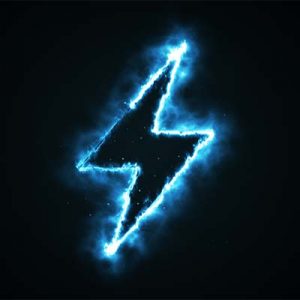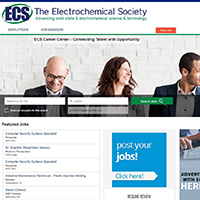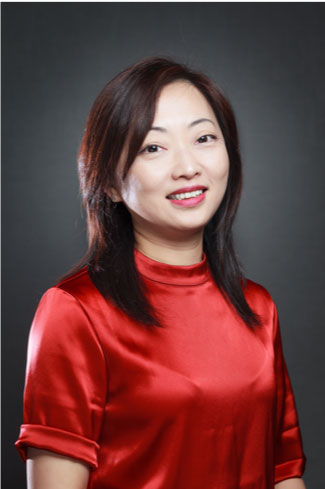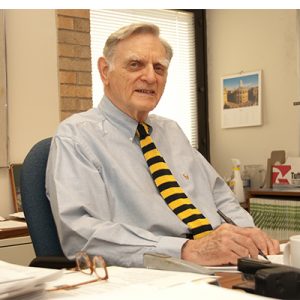Registration is free and open to all!
On Friday, June 26, At 700 am PT (1400 GMT), the StorageX International Symposium features JES Technical Editor Prof. Doron Aurbach of Bar Ilan University speaking on “Frontiers in R&D of high energy density rechargeable batteries,” and Dr. Kang Xu, US Army Research Laboratory, presenting “Interphases: what, how and why.”
Learn more and register here!


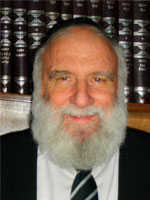
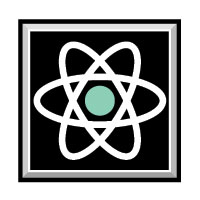
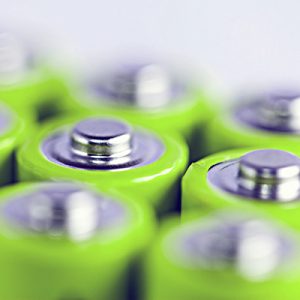
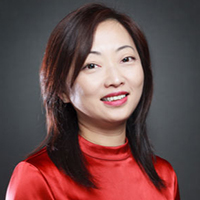
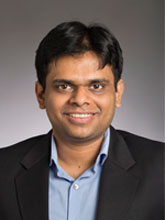 Online Battery Symposium Inspires Action
Online Battery Symposium Inspires Action
